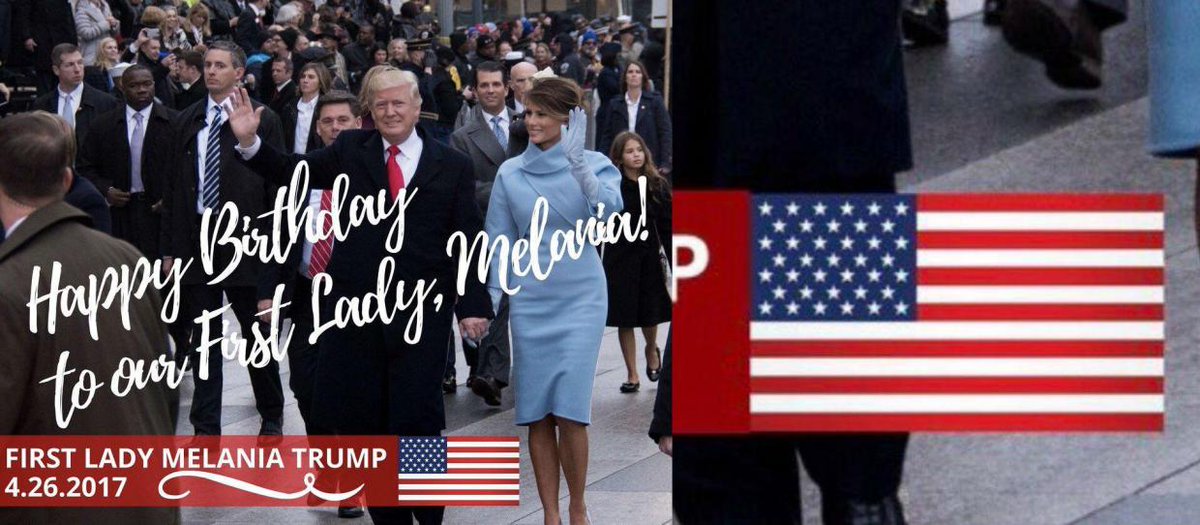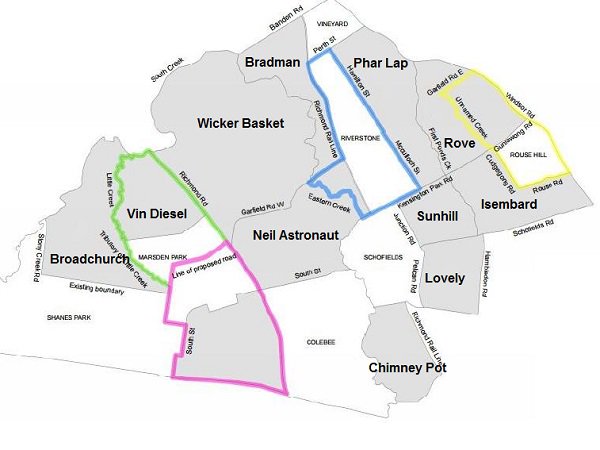The flag of the US, in its current design since 1960, has 13 stripes and 50 stars.
The stripes each represent the 13 original colonies which declared independence from Great Britain.
The stars are each state, and the number has increased as more states entered the union.
Which is why it's bizarre that the flag on Melania's card only has 39 stars.
The official flag has never had 39 stars. The flag of 1877 had 38 stars, and was used for 13 years until was updated again to include the five states which joined in the intervening years.
- The Independent, 27th Apr 2017.
Mrs Rollo and I are currently working our way slowly through the rather famous courtroom drama series Perry Mason. As the original black and white series (one colour episode in 271) ran from September of 1957 to May 1966, it spanned a period in history when the United States' flag went from 48 to 49 and then 50 stars. We haven't got that far but I'm sure that I'll enjoy it like a vexillological nerd when I finally notice the switch.
On the subject of the 49 star flag, it's curious but the only photographs that I've ever seen of it, all had President Dwight D. Eisenhower in them.
This 39 star flag which appeared on the official birthday card to First Lady, Melania Trump, however is new and insane:
I'm sure that whoever threw togther this birthday card made an honest mistake and that someone should have proofed this before it had gone out but for me it highlights those immortal words of Abraham Simpson:
Dear Mr. President, there are too many states these days. Please eliminate three. I am NOT a crackpot.
- Abraham Simpson, "The Front", The Simpsons (1993)¹
Maybe this mistaken birthday card inadvertently makes an incisive piece of social commentary. America as a thing was started upon the basis of a taxation dispute and although some of it was a good idea when it started, it has gotten way out of hand in terms of increased geography, and the fact that there are a great many more states than there logically needs to be, is demonstrably a Bad Thing².
In the spirit of improving United States' geography, in Order to form a more perfect Union, I shall eliminate not eleven states. Not two or five or seven, but eleven!
1) Rhode Island
Who do you think you are kidding, Rhode Island. For a start, you're not even an island; and if you have town names like Quonochontaug and Woonsocket, it's pretty clear that you're not taking this thing seriously.
2) Texas
You should be your own thing. You got messed with. Nobody messes with Texas. Remember the Alamo? No, it doesn't mean cheap car rental. It means that the Lone Star State should be inspired to be the Lone Star Nation!
3) Two Dakotas?
Seriously? Please eliminate one. I don't care which one. Some people thought that Dakota was going to be admitted into the union as one state; that would have been sensible.
4) Hawaii
It should be its own kingdom. It used to be before it was annexed. The state's motto is "Ua Mau ke Ea o ka ʻĀina i ka Pono" which means "the Life of the Land is Perpetuated in Righteousness" and I don't know what's righteous about invading a kingdom and stripping them of sovereignty unilaterally. What can I say except "you're welcome"?
5) Wyoming
Nobody lives there. I've checked. Quite literally nobody will miss Wyoming if it's gone. If a tree falls in the woods and nobody is around to hear it, does anyone care? No.
6) Alabama
You've consistently proved that self-government is not something you can be trusted with. You've also proved that a whole stack of Civil Wrongs does not add up to heap of Civil Rights.
7) West Virginia
You should join ordinary Virginia.
8) New Jersey
Why do you think that you're New York? Why don't you just join them?
9) Delaware
Hello, we're in Delaware.
10) Idaho
If the only thing you're famous for is spuds, you have a problem.
11) Tennessee
You're famous for endless music festivals, amazing whiskey that's aged in American White Oak barrels, and bluegrass music but have a look at your borders.I think that Tennessee became a thing after someone accidentally got a bit spirited, tore a map and had to repair the map. Quite clearly this whole state looks like someone left a piece of sticky tape on the map. This state is a clerical error.
12) Missouri
"I'll be deep in the cold, cold ground before I recognize Missourah!"³ That sounds like a perfectly good enough reason to me to pitch Missouri out.
England has 48 Ceremonial Countys, India has 29 states and 7 union territories, Japan has 47 prefectures (if you include the two urban prefectures of Osaka and Kyoto and the metropolis of Tokyo), and all of those are too complicated. America's 50 states is equally as complicated and although making school children remember the 50 states and their capitals is one of those things that instills a sense of civic pride and achievement, a school child in Australia who only has to remember 6 states and three mainland territories has a far easier job.
If we follow the above plan and pitch out those twelve states then add back Puerto Rico which should have been a state as long ago as the 1920s then...
50 - 12 + 1 = 39.
And Melania Trump's card is correct.
Sorted.
Problem Solved.
But seriously Rhode Island, what the heck are you doing? You're not even an island.
¹https://www.youtube.com/watch?v=O5dmxBUbzBU
²Just like George IV. He was a Bad Thing.
³https://www.youtube.com/watch?v=ZoWc6WRHKEE


